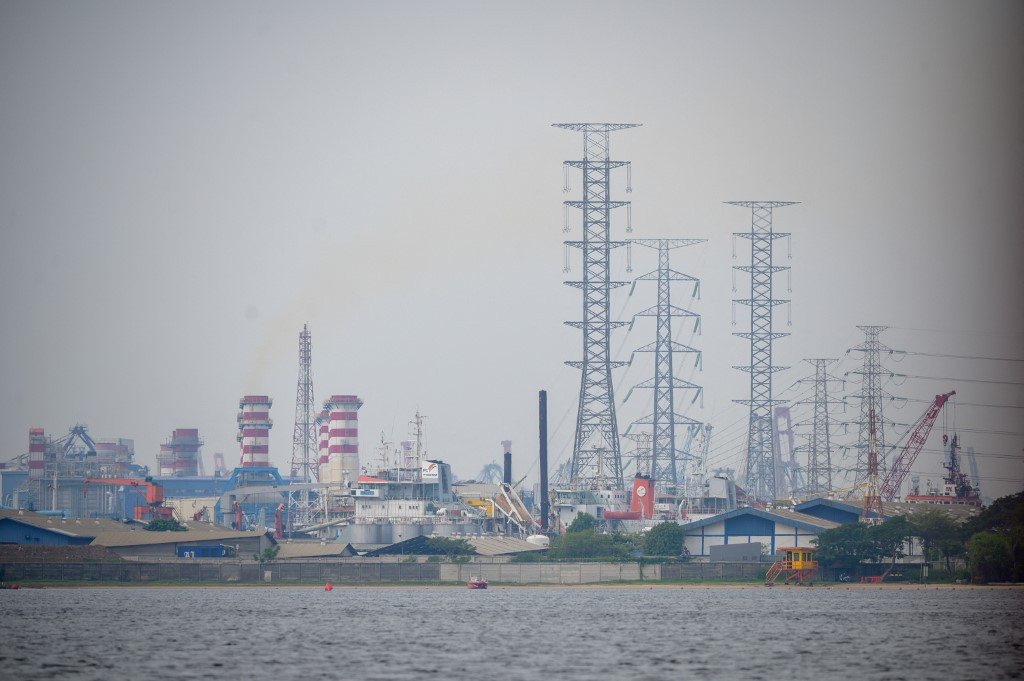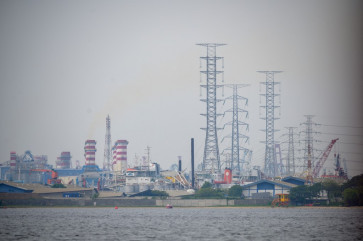Popular Reads
Top Results
Can't find what you're looking for?
View all search resultsPopular Reads
Top Results
Can't find what you're looking for?
View all search resultsIllusions of green: The hard truth about Indonesia's energy future
We need help determining what is accurate and what is misleading or blatantly false but spread under the guise of alternative views.
Change text size
Gift Premium Articles
to Anyone
I
ndonesia aims to phase out coal by 2040, but over 30 million people still live without adequate access to electricity, and those who do still deal with frequent, unannounced and unplanned power cuts resulting from an unstable, outdated and incomplete energy grid. This means that the role of coal is still vital. Expansion to reach those without any access to electricity requires substantial investment to expand energy production and add transmission reach and capacity.
While the idea of phasing out all coal plants in the next fifteen years to shift to green energy sounds like a whimsical dream – complete with marshmallows, puppies and unicorns – the probability of finding one of those unicorns in Kalimantan is just about as realistic as reaching this goal by then.
In an age of exploding access to information, we need help determining what is accurate and what is misleading or blatantly false but spread under the guise of alternative views. This is a critical juncture in the fight against climate change, as unprecedented global temperature rises threaten all life on Earth.
This makes disseminating comprehensive information about the realities of climate change and the realities of energy vital to adequately distinguish the myths from the facts.
With over 10 percent of our population lacking access to adequate electricity, what's more important: expanding access to affordable energy for an emerging economy or a fixation on "sustainability" without considering where the budget for it can be found? Although sustainability is crucial, immediate access to energy is vital for education, health care, economic growth and the development of our nation.
Furthermore, the challenge of energy affordability in Indonesia must be addressed. Many communities in Indonesia rely on coal because it remains the most economically viable option for electricity generation. Transitioning exclusively to renewable energy sources often comes with higher upfront costs that local populations cannot afford. Without addressing this financial barrier, the promise of renewable energy will remain out of reach.


















